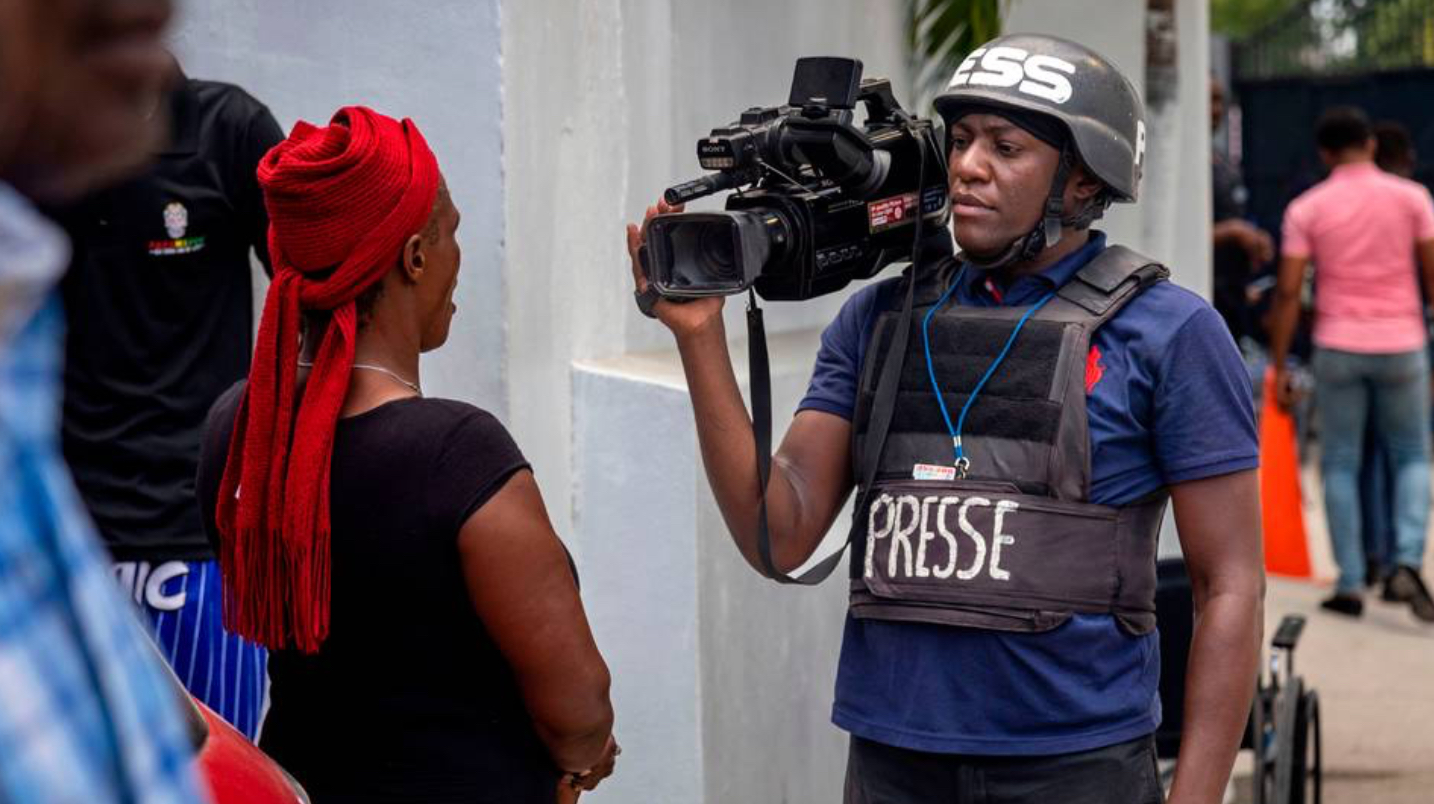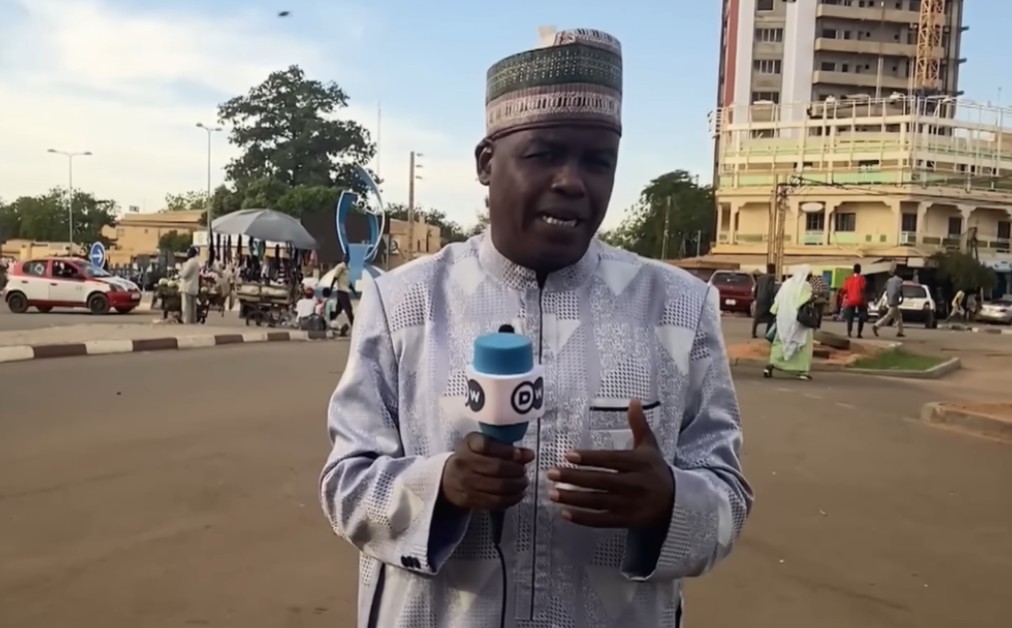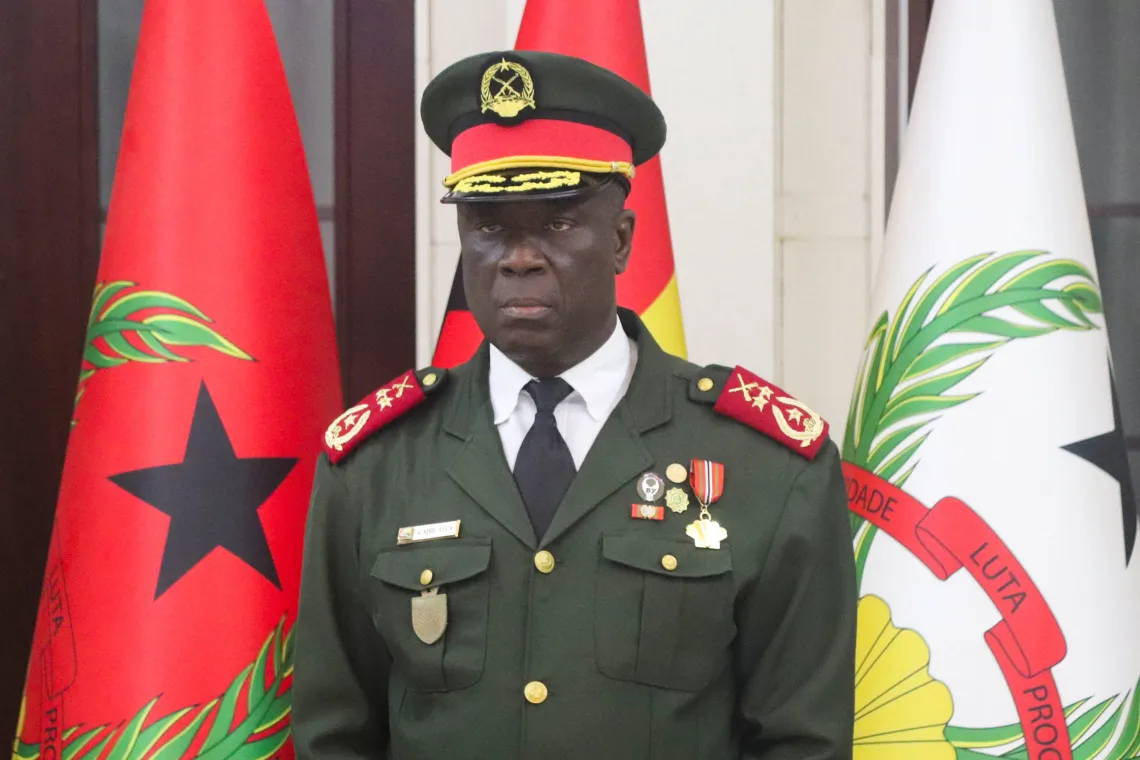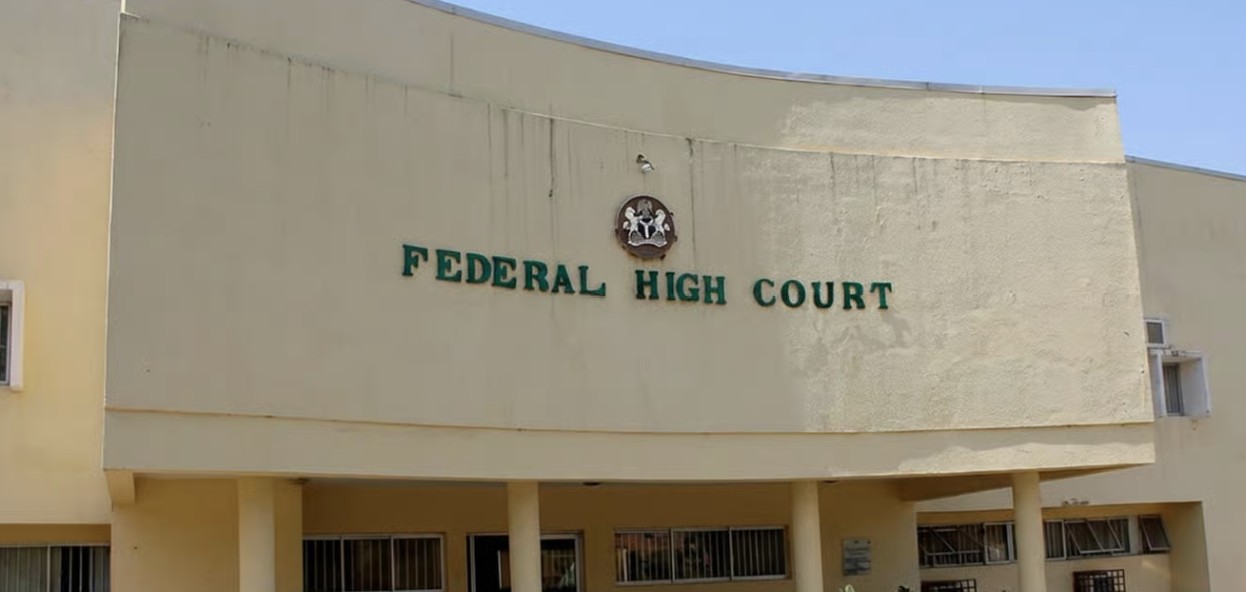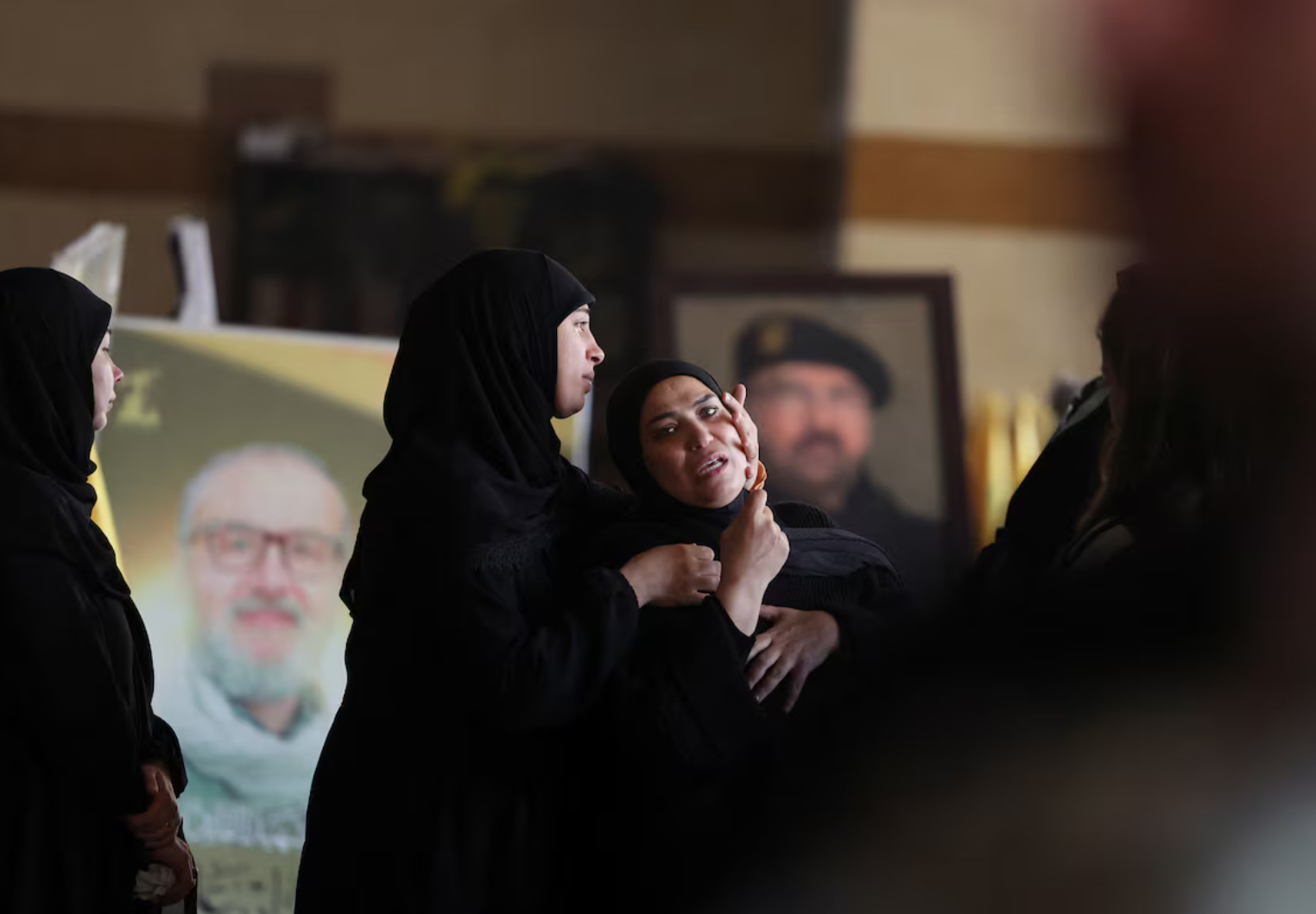
2024: A Record Year for Journalist Fatalities, with Israel Implicated in Majority
February 12, 2025
Belarus Frees American, Journalist, and Activist in Surprise Diplomatic Breakthrough
February 12, 2025February 12, 2025 – Haiti –
Haiti has become one of the deadliest places in the world to be a journalist, despite not being in an official war zone. Journalists in the country face relentless threats from heavily armed gangs, political instability, and the breakdown of government institutions. The once-vibrant media landscape is now in survival mode, as reporters are targeted with alarming frequency.
Gang violence, especially in Port-au-Prince, has made newsrooms direct targets. In March, the powerful Viv Ansanm gang coalition launched coordinated attacks, setting fire to at least three radio stations, including the prominent Radio Télévision Caraïbes. Journalists’ homes and studios have also been burned down, forcing many into hiding or exile. These assaults are not isolated incidents but part of a wider strategy by gangs to silence independent reporting and take control of the narrative.
The risks are not limited to property damage. Kidnappings and murders have become distressingly common. In April, Roger Claudy Israël, a journalist and radio station owner, was kidnapped alongside his brother. Their captors released a video threatening to execute them—an act of terror meant to intimidate the press. Just months earlier, two journalists, Jimmy Jean and Marckendy Natoux, were shot and killed while covering the reopening of a hospital.
The Committee to Protect Journalists has listed Haiti as the country with the highest rate of impunity in journalist killings, with seven unsolved murders since 2019. This lack of accountability emboldens gangs and further isolates the press. As a result, many reporters have fled, gone underground, or stopped publishing altogether.
Still, a core group of courageous Haitian journalists continues to report under dire conditions. Their determination highlights the essential role of the press in a country teetering on the edge of collapse. Despite limited resources and constant danger, they document the chaos, inform the public, and bear witness to Haiti’s unraveling.
Haiti’s media crisis underscores a chilling reality: journalism is not only endangered in war zones but also in places where law and order have utterly broken down.
Reference –
https://www.miamiherald.com/news/nation-world/world/americas/haiti/article300198689.html

